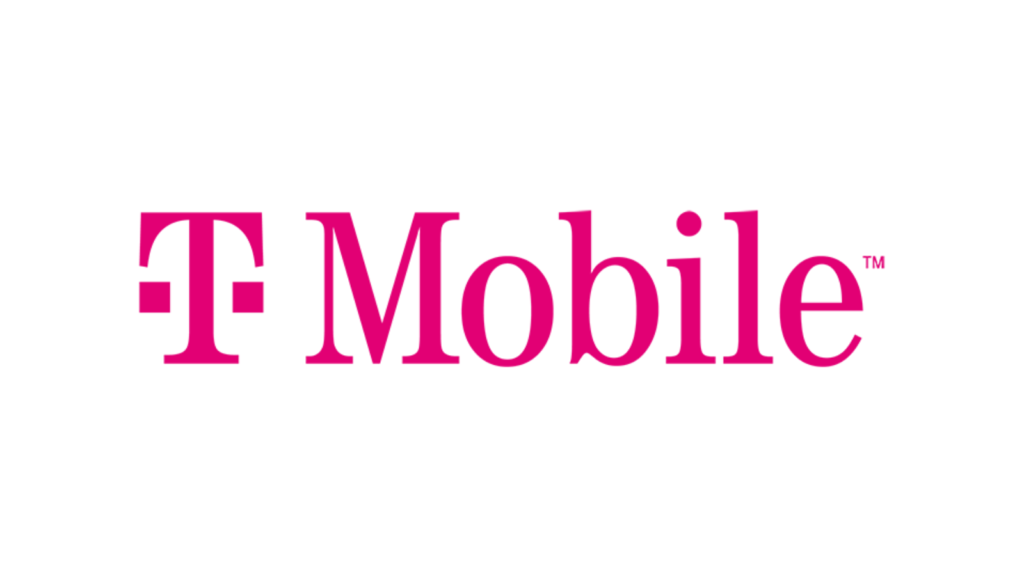T-Mobile dominated the news over the past week with its potential interest in getting into the wireline fiber business, another 5G Home Internet expansion, and the launch of standalone 5G into its mid-band Ultra Capacity 5G network.

Impact: We’ll start with the most surprising news first: T-Mobile may be looking to get into the wireline broadband business, if a new report from Bloomberg is accurate. The reigning 5G wireless leader in both mobile and fixed wireless access service has reportedly been in touch with Citigroup about finding a partner to help it build a $4B fiber network that could serve an estimated 1M-4M customers. The report cites unnamed sources and gives no hints about where such a network might be built, meaning its mostly conjecture at this point. But T-Mobile expanding its business focus to become a player in fiber broadband is a surprising twist for a company that’s currently dominating the wireless industry against two larger rivals.
We probably shouldn’t be too surprised at this turn of events given the company offers fiber in Manhattan through a partnership with broadband provider Pilot Fiber, seemingly testing the waters for a larger fiber deployment. New Street Research estimates that T-Mobile’s T-Fiber experiment covers 700 buildings in the city with near-gigabit speeds (940 Mbps). CEO Mike Sievert also noted T-Mobile’s interest in fiber on the company’s Q3 earnings call, discussing what he called the small-scale nature of T-Fiber as well as what T-Mobile has learned about wireline broadband from the project. But the project with Pilot Fiber involves leased fiber, whereas this new move would establish T-Mobile as a fiber operator. The analysts at New Street Research also had some interesting thoughts about potential partners for T-Mobile in this endeavor, noting that Frontier and its ambitious fiber expansion strategy could be a good operating partner for T-Mobile.
In the meantime, while everyone in the industry contemplates what it would mean if T-Mobile jumped into fiber, the company keeps expanding its own version of broadband service with 5G Home Internet. The fixed wireless access service now covers more than 40 million people nationwide after a recent footprint expansion into Illinois, Michigan, and Wisconsin, where it added service to 6 million homes across 70 cities and towns. T-Mobile noted on its Q3 earnings call that it plans to cover 45 million addresses with 5G FWA by the end of this year, and this latest expansion seemingly has it right on target. T-Mobile added 578,000 new fixed wireless subscribers in Q3 to push its total FWA customer base up to 2.1 million. Sievert happily pointed out that the gains gave T-Mobile more broadband net additions in the quarter than AT&T, Verizon, Comcast, and Charter combined for the second quarter in a row. A new $100 gift card offer that effectively gives new 5G Home customers two free months of service if they keep their service for 60 days should help drive more FWA gains in Q4.
T-Mobile also continued its strength in mobile 5G in Q3, winning the top spot in quarterly postpaid phone net additions with 854,000 compared to 708K for AT&T and just 8,000 for Verizon. T-Mobile’s 2.5 GHz mid-band-fueled Ultra Capacity 5G network now covers 250 million people and should hit 260 million by year’s end. The carrier may also be considering the addition of more mmWave spectrum into its network after recently asking the FCC to extend its testing authority for 39 GHz spectrum in Las Vegas for another two years. The city is one of eight where T-Mobile already has some mmWave spectrum deployed. The company also announced that it has launched a standalone 5G core into its mid-band 5G network, meaning it now offers standalone 5G on both versions of its 5G network. Per networking chief Neville Ray, this should help improve T-Mobile’s network performance and efficiency while offering lower latency. Left unsaid was the fact that this will likely widen its lead over rivals AT&T and Verizon in 5G, neither of which have launched standalone 5G yet.
It seems likely T-Mobile has its eye on fiber as a way to reap some of the billions in broadband infrastructure money the Biden Administration plans to start passing out next year. Despite T-Mobile’s gains with 5G Home Internet, it may struggle to capture any of the $42.5 billion in BEAD funding after federal officials made it clear that fiber will be preferred over fixed wireless in the quest to blanket the country with high-speed broadband. T-Mobile’s ambitions may also stretch beyond wireless, pushing it to pursue a path that will enable it to join AT&T and Verizon as both a wireline and wireless operator.
